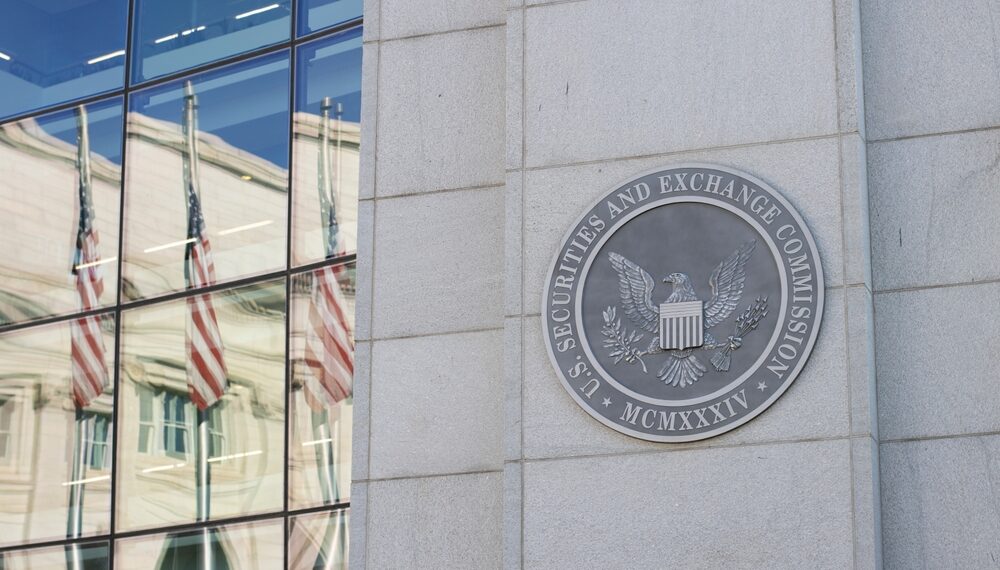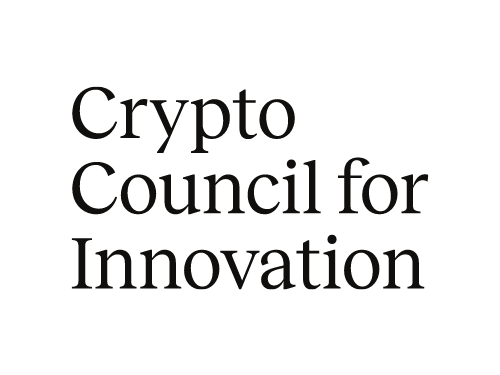
Summary
- The Crypto Council filed an amicus brief in support of Coinbase’s mandamus petition that seeks to compel the SEC to respond to the company’s pending July 2022 rulemaking petition
- Regulation-by-enforcement thwarts meaningful participation in agency decision-making, deprives market participants of fair notice as to what is permissible, and chills innovation and investment in digital assets.
- Companies need to be able to rely on clear, consistent guidance, so they can work within a regulatory framework that makes compliance possible. Otherwise, the digital asset industry will not achieve its full potential in the United States and will be pushed to other jurisdictions actively seeking to host the next wave of innovation.
- The SEC’s failure to respond to Coinbase’s petition for rulemaking is a part of a pattern that has stymied judicial review. The proper approach is for the SEC to initiate rulemaking procedures that will provide for fair notice, an opportunity to be heard, and will allow for judicial review in due course.
- Read the brief
The SEC’s failure to respond to Coinbase’s petition for rulemaking is causing tangible harm to a major American industry
Digital assets play an important role in the American economy, and their economic and political significance is growing. The market size of digital assets has expanded tremendously in recent years. In January 2020, aggregate market capitalization of all digital assets was just under $200 billion. It grew to nearly $2.9 trillion in November 2021, before falling to approximately $1.0 trillion in June 2022. Regulatory guidance is essential for the success of this growing industry.
The SEC’s enforcement-only approach to regulation leaves no viable path for good actors
The SEC’s limited guidance has been vague, inconsistent, and unworkable for the industry. The SEC’s suggestion that digital asset organizations can simply “come in and register” is not feasible for numerous reasons.
First, there is no actionable guidance to delineate which assets the SEC thinks require registration. Second, the registration requirements that could apply are ill-fitting, inadequate, and often misleading. Third, even if some assets or market participants did register, securities laws preclude market participants from servicing a category of assets (like digital assets) that includes both securities and non-securities. Simply put, the SEC has provided no viable pathway for crypto firms to comply with existing regulations.
There is no discernible way to distinguish digital assets the current SEC will view as securities from those (like Bitcoin) it will treat as non-securities. Nor has the SEC issued guidance to provide the industry comfort that its position will not shift unexpectedly (as appears to have happened with Ether). The ambiguity does not end at seeking to determine whether or not an asset is a “security.” For example, the key registration form for domestic issuers, Form S-1, requires issuers to determine whether the securities are equity or debt securities for purposes of certain disclosures. Many digital assets, however, do not resemble debt or equity because they convey no legal relationship to any issuer and do not entitle the holder of a token to anything other than the token’s functionality.
The SEC’s failure to provide a clear path for good actors to comply undermines all three prongs of the SEC’s three-part mission to protect investors, maintain fair, orderly, and efficient markets, and facilitate capital formation. Far from protecting investors, it exposes them to increased risk by pushing responsible actors out of the market, creating a vacuum to be filled by those least concerned with compliance.
At the same time, the SEC’s aggressive stance towards those seeking to comply impairs investors’ ability to differentiate the good organizations from the bad as they are all painted with the same brush by the SEC.
The lack of guidance is causing good actors and innovation to flee the United States
The lack of regulatory clarity, combined with the SEC’s increased enforcement actions, creates an inhospitable environment for responsible actors. This lack of guidance also means that responsible organizations who operate in the United States may have no choice but to move to other jurisdictions with regulatory frameworks that offer more clarity.
Other countries are actively courting the next wave of technology leadership by providing regulatory frameworks that seek to foster innovation while protecting market participants. The European Union parliament, for example, recently passed the “Markets in Crypto Act,” which was introduced as part of a “package of measures to further enable and support the potential of digital finance in terms of innovation and competition while mitigating the risks . . . in line with the Commission[’s] priorities to make Europe fit for the digital age and to build a future ready economy that works for the people.” The United Kingdom is creating a framework in an effort to become a hub for innovation in the Industry.
The flight from the United States is reflected in the declining status of this country as a hub for blockchain developers . Since 2018, the share of global blockchain developers in the United States has dropped from 40% to 29%, losing two percent market share per year as the industry waits for clarity from the SEC and other regulators.
Providing regulatory clarity could allow the U.S. to recapture its position, “encourage more innovation and foster growth,” and “become an attractive destination for both new and established developers.”
The SEC’s failure to respond to Coinbase’s petition for rulemaking is part of a pattern that has stymied judicial review
The SEC’s failure to act in connection to Coinbase’s petition for rulemaking is not isolated. The SEC has received five petitions for rulemaking in the last five years seeking clarity on the Securities and Exchange Act’s application to the cryptoeconomy; the SEC has neglected to act on all five.
The proper approach is for the SEC to initiate rulemaking procedures that will provide fair notice, an opportunity to be heard, and will allow for judicial review in due course. Instead, by withholding a
decision on Coinbase’s petition, the SEC is thwarting judicial review of the policies guiding its enforcement actions
What is an amicus brief?
An amicus brief is a written argument filed by a person or a group who is not a party to an action, but has an important interest in the matter. The objective of the brief is to help inform the court’s decision. They can be written by experts who have studied a topic extensively and are able to place the case and its potential impacts into a wider context. Cornell Law School has more details.
Where can I read the Crypto Council’s amicus brief
You can read the brief in full here.

























